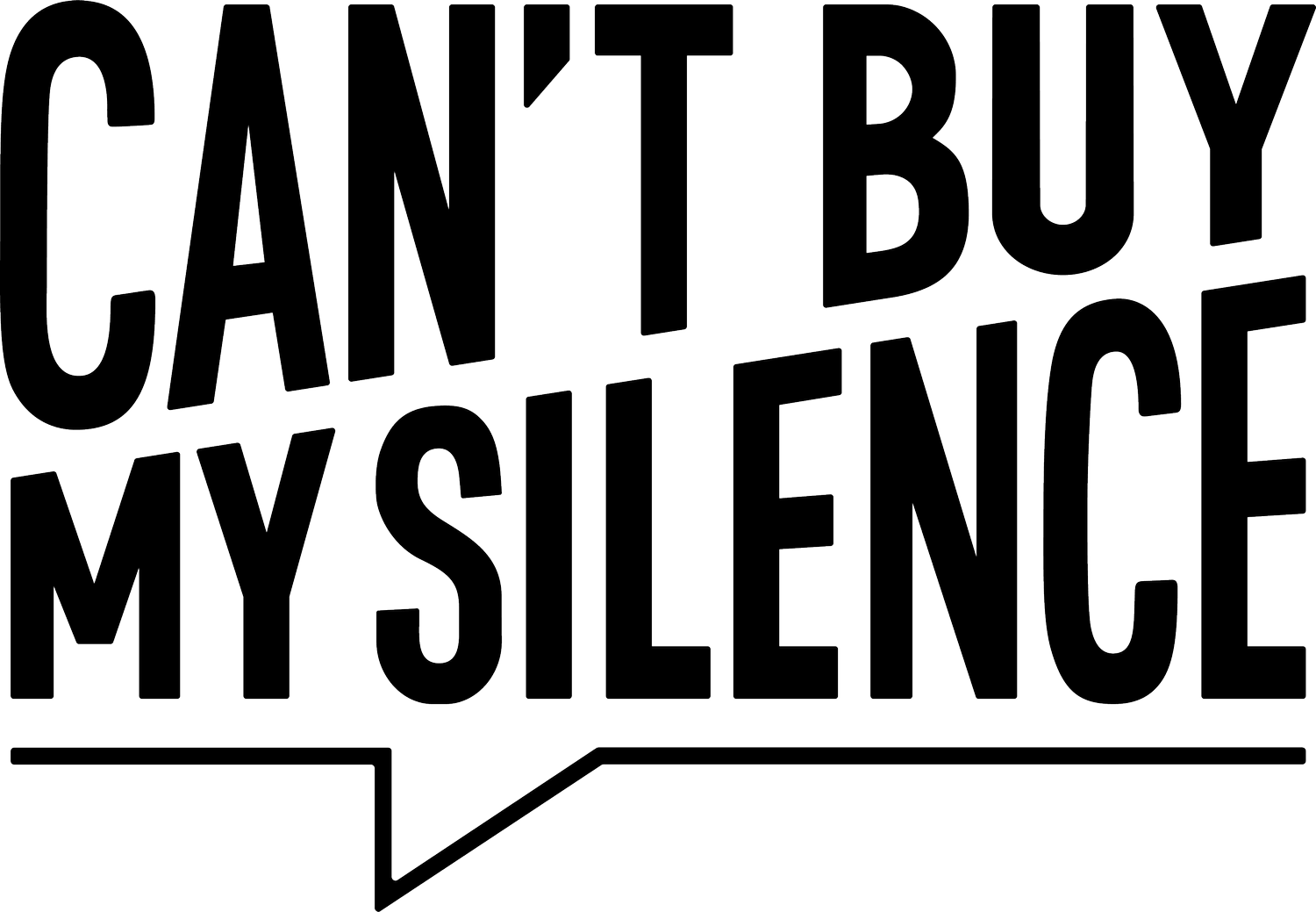Story 128
In 2024, as an employee at a large Canadian chain, I filed a grievance through my union against my manager for systematic harassment, including defamation, falsifying documents, fraudulent activities and denying me business opportunities, violating our collective agreement. I submitted 28 pieces of evidence to support my claims. In 2025, my employer and union presented a settlement offering $3,000 to resolve the grievance, which included strict confidentiality clauses (an NDA). These clauses prohibited me from discussing the settlement with colleagues or anyone outside a small group of union executives and the employer's HR team. The NDA was intended to silence me, bury my allegations of workplace misconduct, and protect the company and union from accountability. Shockingly, I later learned there were no confidentiality clauses in my employment contract or collective agreement, suggesting the NDA was imposed without legal basis.
The negotiation process was coercive and one-sided. My union, meant to represent me, pressured me to accept the $3,000 settlement, dismissing my evidence as "insufficient" without explanation and threatening to abandon my grievance if I refused. I was given only 10 days to decide, with no meaningful opportunity to negotiate the NDA's terms or seek independent advice under such pressure. The NDA required me to waive all legal claims, including human rights and employment standards protections, and even indemnify my employer for tax liabilities--an unfair burden. The process left me feeling betrayed, isolated, and powerless, as my union not just failed to advocate for me but also pushed on me a silencing agreement which, in truth, protected the company. The stress exacerbated the anxiety and financial hardship I was already experiencing from the harassment.
I was given just 10 calendar days to accept or reject the settlement, including the NDA. This tight timeline, combined with the union's threat to drop my grievance, created immense pressure to decide without adequate time to consult a lawyer or fully assess the implications. The rushed process felt deliberately designed to limit my ability to resist or seek alternatives, compounding the emotional toll of the situation.
I refused to sign the NDA and the consequences were severe. After rejecting the settlement, the harassment at work intensified--new managers misrepresented my actions, held unauthorized disciplinary meetings, and confronted me publicly, creating a hostile environment. When I complained to higher management later in 2025, I was fired a few months later for alleged "willful misconduct" over a disputed failure to attend meetings, despite my attempts to comply, which was retaliatory. On the same day, I received a letter imposing indefinite confidentiality and non-solicitation obligations, threatening lawsuits if I contacted former clients or colleagues, despite no such clauses in my contract or collective agreement. This restricted my ability to work in my profession and gather evidence for legal claims.
Post-termination, my employer refused to provide my employment contract. The NDA attempts and subsequent restrictions isolated me from colleagues who could corroborate my experiences, threatened my livelihood, and caused profound emotional distress. I felt silenced, betrayed by my union, and targeted for speaking out. The financial strain of lost income and the psychological toll of this ordeal have been devastating, but sharing my story here feels validating and empowering.
The misuse of NDAs in my case highlights how employers and even unions can weaponize them to cover up workplace abuses and intimidate workers. Without a contractual basis, these clauses were baseless, yet their intimidatory effect was real, designed to prevent me from exposing harassment and seeking justice. I share my story to support others facing similar coercion and to urge lawmakers to ban NDAs in employment disputes. Workers should not be forced to choose between their rights and their survival.
